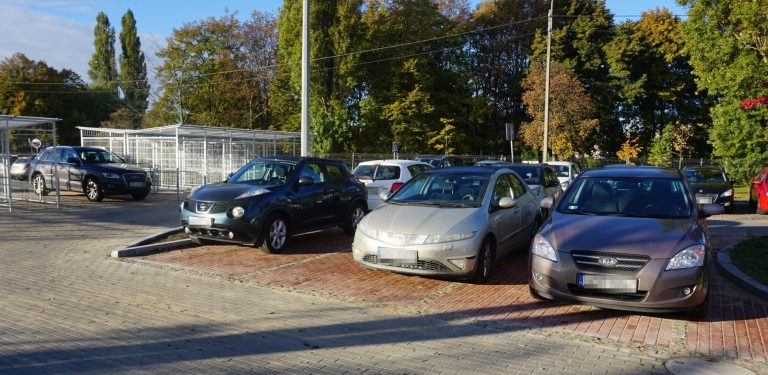Hard coal mines in Poland are to be shut by 2049 under a wide-ranging deal signed on Friday between the government and strikers on the transformation of the country’s mining industry.
The head of a government delegation that has been negotiating with unionists amid an underground protest by miners, said the agreement outlines a „fair path to the transformation of the Polish mining and energy industry”. Heavily coal-dependent Poland is striving to cut emissions that damage the environment without triggering massive job losses in its mining sector. A spokesman from the Solidarity trade union, welcomed Friday’s agreement, though he said that in practice it would mean the end of the Polish mining industry in the long term. The deal ends underground protests that have been under way in some mines since Monday.
The Visegrad Group countries, comprising Poland, Hungary, Slovakia and the Czech Republic, have voiced opposition to the EU’s new migration pact.
The long-awaited plan to overhaul the bloc’s migration and asylum rules was unveiled on Wednesday by the European Commission, the EU’s executive. If adopted, it would legally oblige all EU member states to contribute to the pact in other ways if they refuse to take in refugees. On Thursday, European Commission chief Ursula von der Leyen met three leaders of the Visegrad group, including Polish Prime Minister Mateusz Morawiecki, to discuss the pact. At a joint press conference following the talks, Morawiecki voiced scepticism about the plan, and said the main aim of the EU’s migration policy should be to „enforce the most strict and effective border checks.”
Crowds of young Poles on Friday joined a global wave of protests amid the coronavirus pandemic to demand action to stop climate change.
The youth-led protests were the latest in a series of international demonstrations known as the Global Climate Strike. In Warsaw, demonstrators demanded „climate justice” and urgent steps to end the use of fossil fuels such as coal. They also urged a greater focus on renewable energy and policies to reduce greenhouse gas emissions. Protesters in Central Warsaw carried banners and chanted slogans such as „No to coal” and „Climate solidarity”.
And finally, Gdańsk airport has reported that it is shed 30 of its flight connections.
The number of connections in October will stand at 60, which is 30 less than the 90 connections it had at its peak last year, but according to a spokesperson for the airport the number is still very healthy considering the current conditions. It is normal for carriers to shed routes at the end of the summer season, so this kind of change can be expected but some connections which were already planned to be cut later in the year are being cut earlier this year, including flights to Vienna, Burgas, Rzeszów and Wrocław. Other cuts include Wizzair flights to Bergamo (Milan), Tromso in Norway, and Zaporozhe and Odessa in Ukraine which may return in December.
Sources – trojmiasto.pl
Saturday will be a cloudy day with a moderate breeze with clouds lifting later in the day and temperatures reaching 21 degrees centigrade (70 degrees Fahrenheit) during the day, dropping to 15 degrees centigrade overnight. Sunday will be a sunny day with scattered clouds in a moderate breeze with temperatures again reaching 21 degrees centigrade during the day and 9 degrees overnight.
Martin Caren/ako







